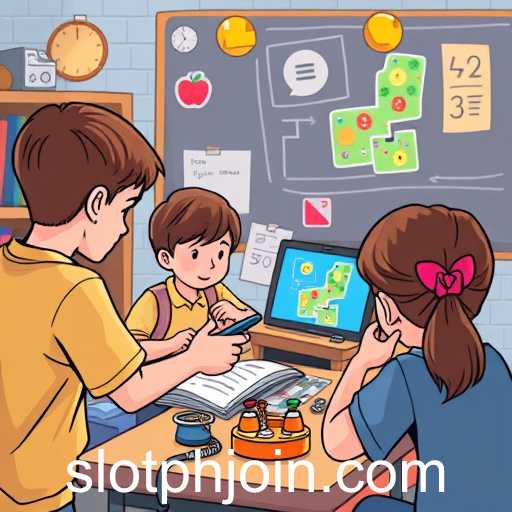As the year 2025 unfolds, online gaming has cemented itself as not merely a form of entertainment but as a significant component of social interaction and community building. One of the standout developments this year is the rising prominence of "phjoin," a keyword synonymous with an innovative English game website that has captured the attention of gamers worldwide.
With advances in technology and the seamless integration of virtual reality and artificial intelligence, online gaming platforms have evolved dramatically. "Phjoin" stands at the forefront of these platforms, delivering interactive experiences that blur the lines between gaming and real life. It offers players not just games but an ecosystem where they can form alliances, engage in economic activities, and influence virtual environments.
In recent reports, analysts observe that such platforms are redefining how individuals perceive community connections. Unlike traditional social media, which connects people primarily through text and images, gaming communities like those on "phjoin" foster deeper engagement by requiring teamwork and collaboration. Users on "phjoin" have reported a sense of belonging unlike any other, as in-game dynamics demand a strategic and often emotional investment.
Commentary from insiders suggests that the success of "phjoin" and similar gaming platforms lies in their ability to merge elements of social networking, economic simulation, and interactive storytelling. This composite experience has fueled an increase in player retention and engagement, with many likening the cultural impact to that of significant social media platforms of the past decade.
As we navigate through 2025, the influence of platforms like "phjoin" is set to grow. They offer insights into how digital interactions might evolve, possibly leading society into an era where virtual experiences are as diversified and meaningful as their physical counterparts. Future reports promise to delve deeper into how these innovations affect user behavior, potentially reshaping aspects of human identity and the future landscape of online interaction.








